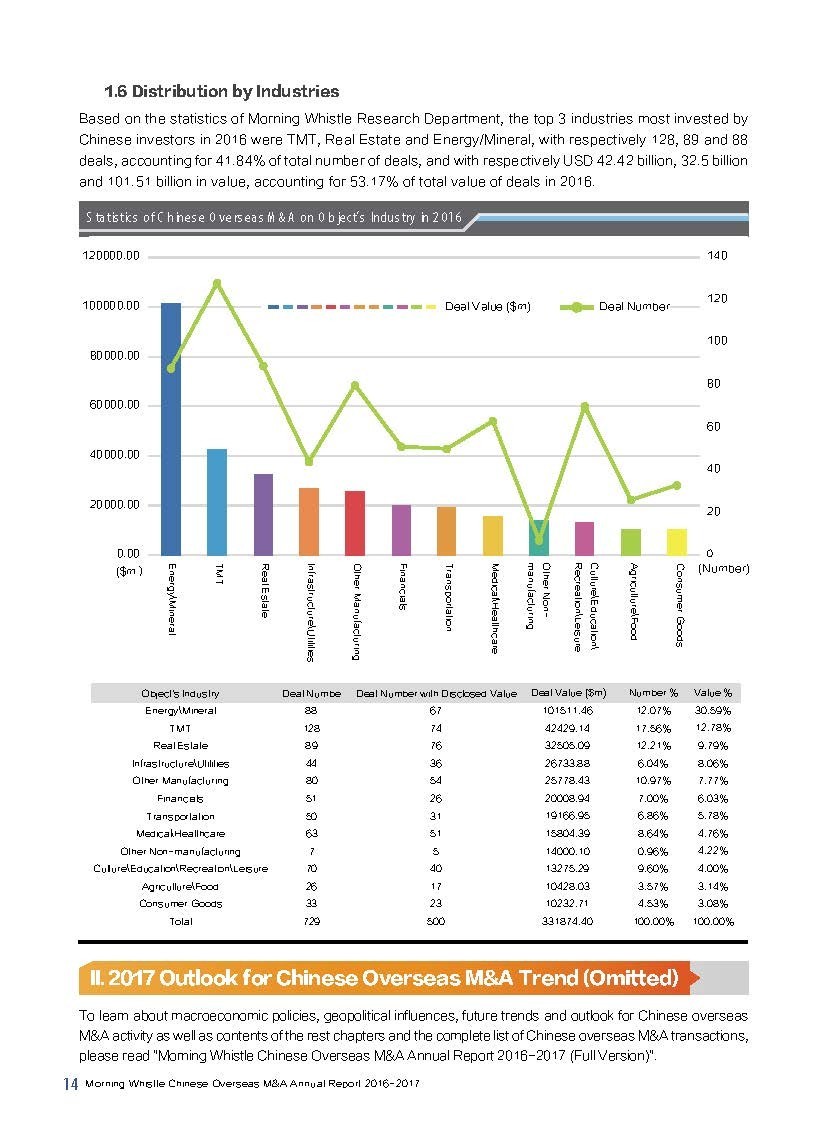How Does Paying Off a Loan Affect Credit Score: Understanding the Impact on Your Financial Health
Guide or Summary:How Does Paying Off a Loan Affect Credit ScoreHow Does Paying Off a Loan Affect Credit ScoreWhen it comes to managing your finances, unders……
Guide or Summary:
How Does Paying Off a Loan Affect Credit Score
When it comes to managing your finances, understanding the intricacies of credit scores is essential. One of the most significant factors that can influence your credit score is your loan repayment behavior. Specifically, the question arises: How Does Paying Off a Loan Affect Credit Score? This article delves deep into the relationship between loan repayment and credit scores, providing you with clarity on how your actions impact your financial future.
A credit score is a numerical representation of your creditworthiness, which lenders use to assess the risk of lending you money. Ranging from 300 to 850, a higher score indicates a lower risk for lenders. Various factors contribute to your credit score, including payment history, credit utilization, length of credit history, types of credit, and recent credit inquiries. Among these, payment history holds the most weight, accounting for approximately 35% of your overall score.

When you pay off a loan, your payment history improves, as it reflects your ability to meet your financial obligations. This positive behavior can lead to an increase in your credit score, especially if the loan was a significant part of your credit history. For instance, if you had a long-standing auto loan or mortgage and successfully paid it off, the effects can be quite beneficial. Not only does it demonstrate responsible financial behavior, but it also reduces your overall debt load, which can positively influence your credit utilization ratio.
However, it’s essential to understand that the impact of paying off a loan is not always straightforward. One common misconception is that paying off a loan will automatically boost your credit score. While it can improve your score, it may also lead to a temporary dip in certain situations. For example, if the loan you paid off was your only installment loan, you might see a decrease in your score due to a reduction in the diversity of your credit accounts. Credit scoring models favor a mix of credit types, including revolving credit (like credit cards) and installment loans (like mortgages or auto loans). Therefore, if you have only revolving credit left after paying off an installment loan, your score might take a hit.
Another factor to consider is the age of your credit accounts. When you pay off a loan, that account may be closed, which can affect the average age of your credit accounts. A longer credit history is generally viewed favorably by lenders, so closing an older account could lead to a slight decrease in your score. However, this effect is usually minor and temporary, especially when balanced against the positive aspects of having a paid-off account.

Moreover, the timing of your loan payoff can also play a role in how it affects your credit score. If you pay off a loan in full and close the account, it may take a few months for the credit bureaus to update your credit report and reflect the change. During this time, your score may fluctuate as your credit profile is reassessed.
In conclusion, How Does Paying Off a Loan Affect Credit Score is a multifaceted question that depends on various factors, including your overall credit profile, the type of loan, and your existing credit accounts. Paying off a loan typically has a positive impact on your credit score by improving your payment history and reducing your debt load. However, it’s crucial to consider the potential temporary effects on your credit mix and account age.
To maximize the benefits of paying off a loan, consider maintaining a diverse range of credit accounts and ensuring that you continue to manage your revolving credit responsibly. Regularly monitoring your credit score and report can also help you understand how your financial decisions are affecting your creditworthiness. By being proactive and informed, you can navigate the complexities of credit scores and make decisions that support your long-term financial health.
